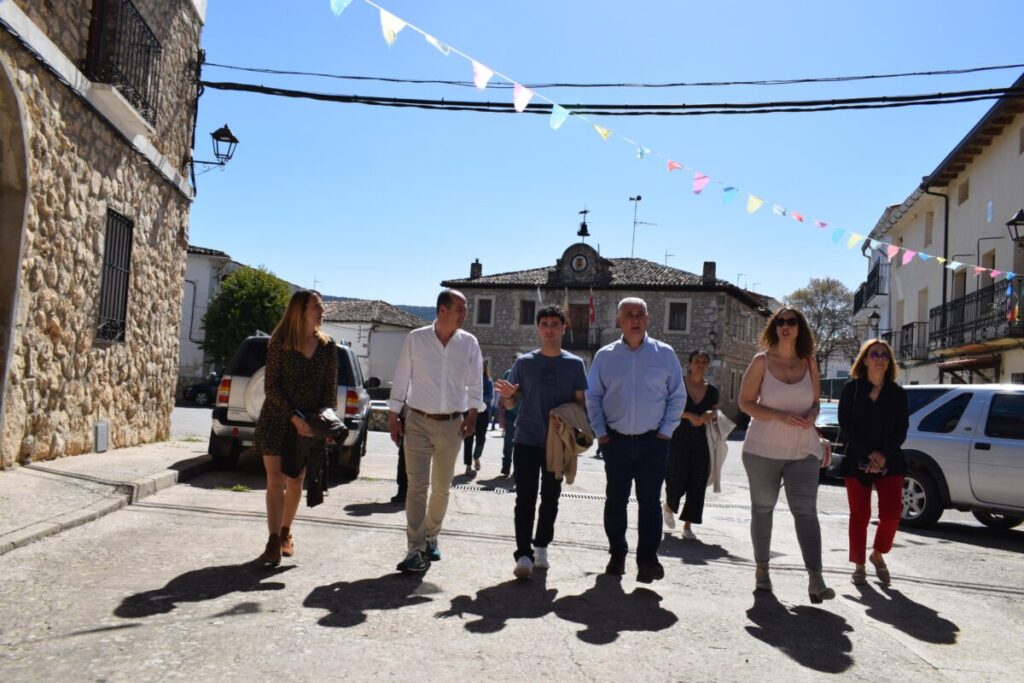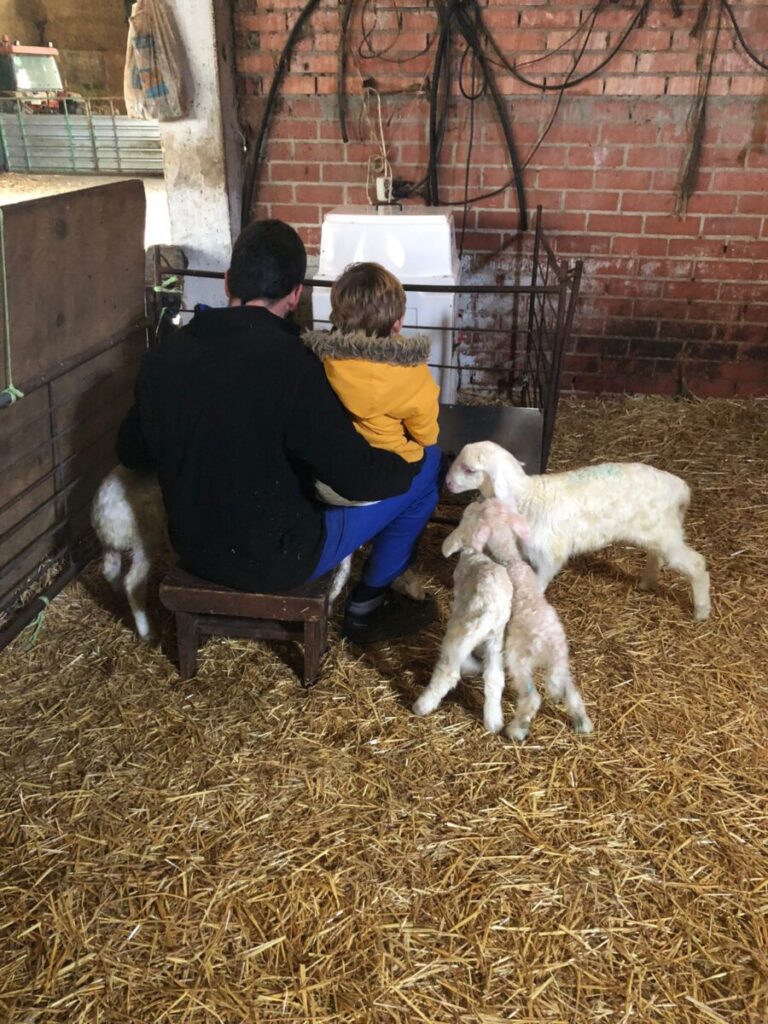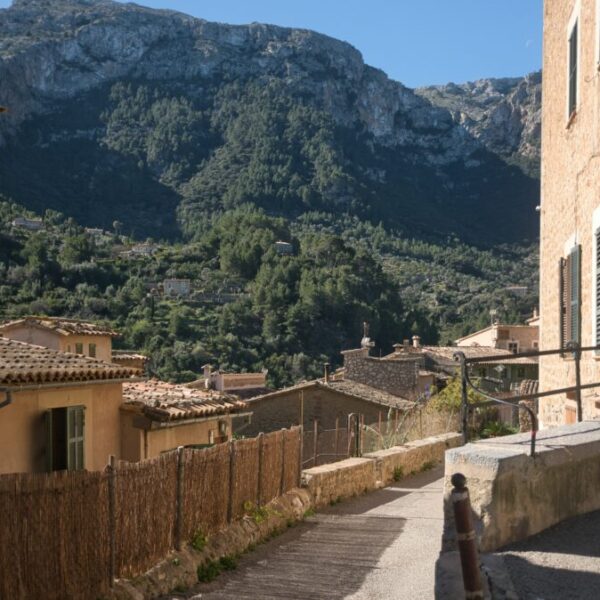Spain, like many European and Western countries, is facing a demographic decline that has intensified in the second half of the 20th century. In addition, there is the essentially rural depopulation that empties certain territories of their population. This phenomenon, known as the "emptied Spain," mainly affects small municipalities. But the country has found an innovative response with initiatives like the Arraigo project (roots in Spanish), which supports the relocation of city dwellers in need of the countryside to rural areas.
The Arraigo project acts as a bridge between the rural world and people living in urban areas who wish to change their way of life. Its mission is to support and advise individuals, as well as entrepreneurs seeking change. Arraigo also collaborates with municipalities and other rural entities on development strategies aimed at attracting new residents and promoting local well-being.
Enrique Collada, the young executive director, describes the origins of Arraigo: "This project was born in 2016 when the founder and CEO, Enrique Martínez, was visiting the Highlands of Soria (region of Castile and León in northeastern Spain) with his children. He could only witness the institutional neglect and abandonment that these villages were suffering." The project was launched.
Since Arraigo has worked with nearly 15 provinces (out of the 50 in Spain). Their database includes 17,000 people interested in the project, and they have supported over 600 families in more than 300 villages. "Our success rate (that is, meeting the requirements established in the contracts with the administrations we work with) is around 90%," explains Enrique Collada. They continue to work with technical agents in the field, supported by the headquarters in Madrid.

These technicians, familiar with the reality of the inhabitants and the localities where they operate, have the ability to establish personal relationships with mayors, residents, and businesses in the region. It is important for governments and institutions at various levels to get involved in solving the problem of depopulation. Indeed, "it is becoming increasingly clear that helping the development of rural areas benefits society as a whole".
Repopulation, Challenges, and Opportunities
However, the process of selecting and installing families is not simple. In many villages, the lack of infrastructure and basic services makes rooting difficult. The main challenge is the lack of available rental housing in these areas: "Many people live in the city and have second homes in these villages that are only used in the summer, but are not available for rent," laments Enrique Collada.
The selection process "has proven to be effective," but it needs to be extended over time to choose the best profiles of people who are genuinely interested. It is essential that the candidates chosen to settle are committed and do not see the project as a temporary experience. "People do not go to these villages to face problems. We are working for them to take root," says the executive director.
As soon as families settle in the village, they benefit from the support of local technicians to facilitate their adaptation process. They appreciate a better quality of life, a closer connection with nature, less pollution, a slow-paced lifestyle, and a more united community.
New villagers, a happy life
Among the success stories, there is the story of José Luis, 32 years old, who decided two and a half years ago to leave Madrid and settle in Palencia (Castilla y León) with his wife and son. The increase in housing costs in the capital and neighboring cities, as well as the hectic pace of life, were enough to justify this change.
Upon his arrival in the village, he first worked in a hotel-restaurant. Then the opportunity to learn the shepherd's trade presented itself: "I obviously had no experience with sheep, but the shepherd gave me a chance and taught me the trade. And I love it!"
José Luis emphasizes that he has gained in quality of life and human values. Something he wants to pass on to his son: "Since our arrival two and a half years ago, everyone has treated us very well. The human quality of the neighbors is incredible. There are a series of values that have been lost in the cities. We see it clearly in Hugo, my 5-year-old son, who is growing up in an environment that teaches him to care for people and nature."

